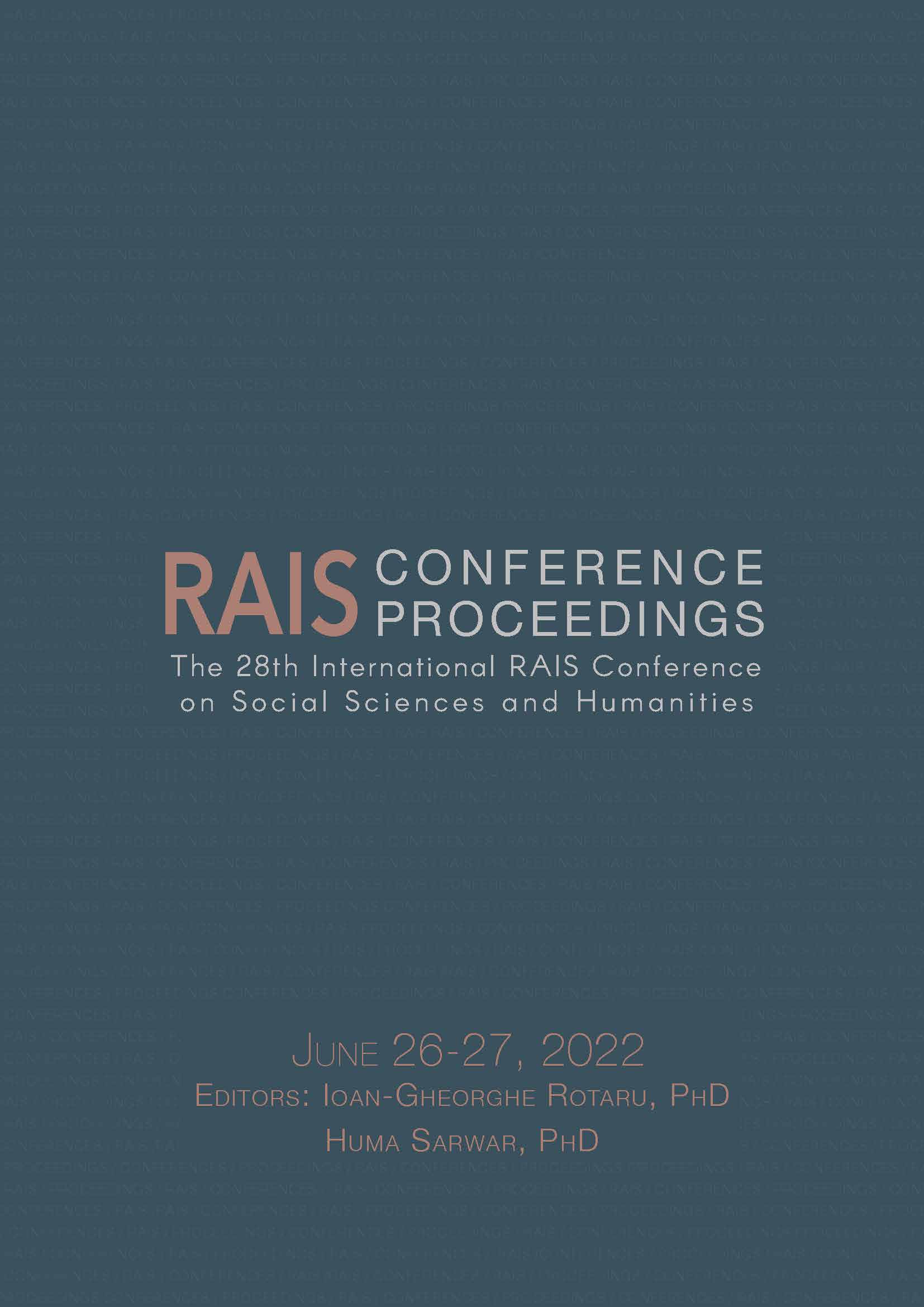Behavioral International Law: Law-in-books vs. Law-in-action Resembling the Neoclassical Economics vs. Behavioral Economics Debate
Behavioral International Law: Law-in-books vs. Law-in-action Resembling the Neoclassical Economics vs. Behavioral Economics Debate
Author(s): Julia M. Puaschunder
Subject(s): Behaviorism, Law on Economics
Published by: Scientia Moralitas Research Institute
Keywords: Behavioral Economics; Behavioral International Law
Summary/Abstract: International Law historically stems from a collection of international rules and principles to regulate international conduct of nation states towards another. The International Law Commission (ILC) is a gremium of international law experts voted by the United Nations in order to help develop the theory, codification and practice of international law and its wider range into legal diplomacy. The ILC discusses and debates emerging topics of relevance in international law in the pursuit of developing international legal principles and setting out global standards of nation state conduct towards another. A contemporary effort of the International Law Commission is the scientific investigation of the gap between law-in-books and law-in-action. Law-in-books describes all written-down laws, regulations and written legal customs. Contrary to legal writing in law, treaties, statues and cases, law-in-action is a legal theory that examines the role of law how it is actually applied and practiced in society. Law-in-action scholars often draw from observations about the actual behavior exhibited by executives in legal institutions, courts and jurisprudence officials. Law-in-action is also concerned with the effect of laws on actual people in the real world as well as the impact of legal frameworks and societal interpretations of the rule-of-law. The noticed gap between the law as written in books and the law in reality is currently subject to scrutiny by the current ILC in the quest to derive insights about successful environments to help improve efficiency in legal conduct, stability in international law making as well as combat societally-harmful discrepancies, e.g., such as corruption but also human decision making fallibility and preference reversals. In this fairly novel endeavor of the ILC, the wealth of insights derived from the behavioral economics revolution that undermined the neoclassical economic rational choice theory could be tapped into. International Law scholars may derive inferences from the history, methods and applied behavioral insights how to close the gap between stylized aspirational efficiency goals and actual decision making and actions of real-world people. International law may also benefit from the newest critique of the macroeconomic efficiency maximization in the behavioral Post-Keynesian opening for the integration of political, societal, environmental and historical facets as influence factors on the success of macroeconomic measures. In all these endeavors, closing the gaps between scientific aspirational goals and legal models with real-world relevant applied law practice and policy outcomes promises to instigate optimality in scientifically-led ways how to legally rule the world but also to help research understand better what actual real-world actors do when being exposed to different legal choice architectures and policy frameworks.
Book: Proceedings of the 28th International RAIS Conference on Social Sciences and Humanities
- Page Range: 1-9
- Page Count: 10
- Publication Year: 2022
- Language: English
- Content File-PDF

